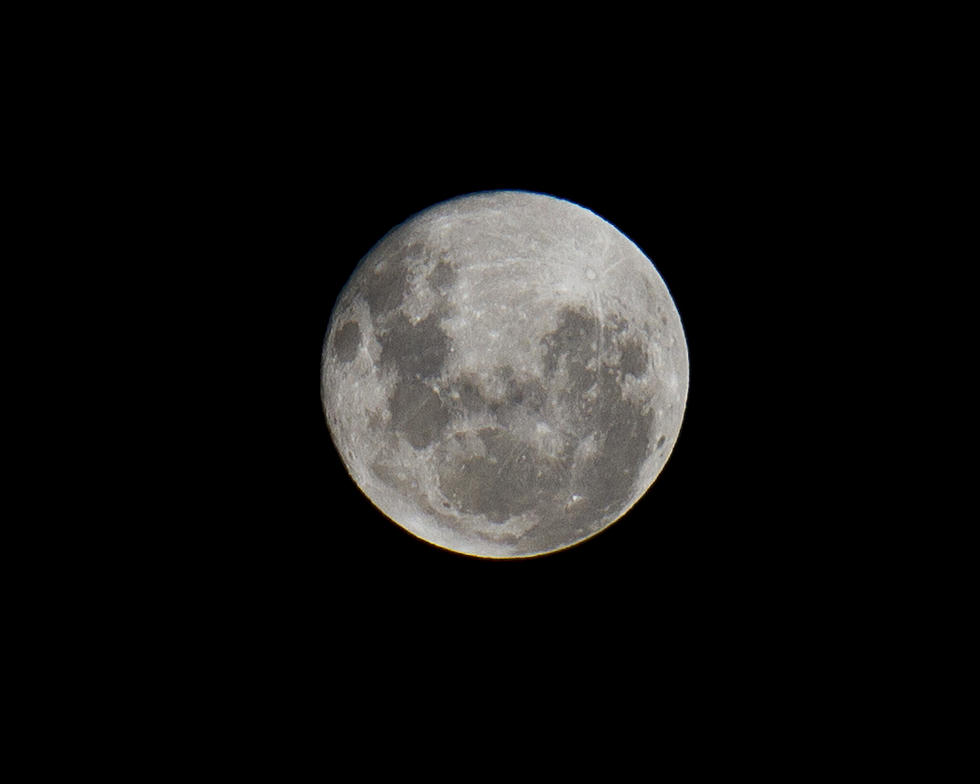
In the Sky This Week: Mercury, Beaver Moon, Meteor Shower
If you are a fan of looking-up and checking out what's in the sky, three things may catch your interest this week.
For starters, Mercury will transit across the sun on Monday from around 7:30 AM to 1:00 PM. Now, given that Mercury is a rather small planet and the sun is, obviously, extremely bright, you won't be able to see it by looking at the sun. However, if you have a telescope with solar-blocking filters, you can watch Mercury cross the sun (do not do it by pointing an unfiltered telescope directly at the sun). Scientists say you won't be able to see this again for another 13 years.
If nighttime astronomy is more your thing, November's full moon is called the "beaver moon" and you can check that out on Tuesday night (assuming the weather cooperates, which it may not). The "beaver moon" simply gets its name from beavers who are busy this time of year preparing for the winter (honestly, it's just a regular full moon).
Also on Tuesday night (again, weather permitting), the annual Taurid meteor shower will be at its peak. Usually at least half a dozen meteors will be zooming across the sky. And what's special about this meteor shower is that the meteors tend to move relatively slowly, causing brighter flashes in the sky.
SOURCES: NJ.com, phillyvoice.com




